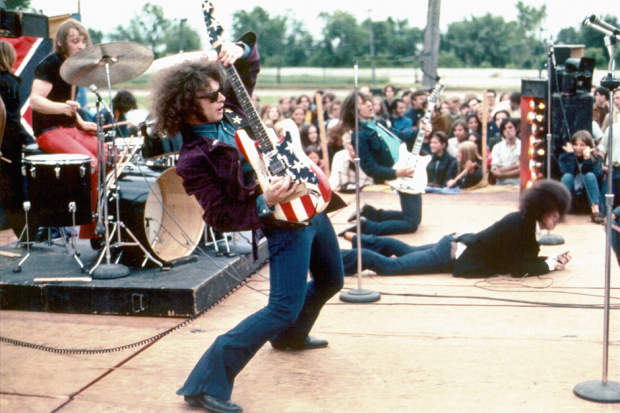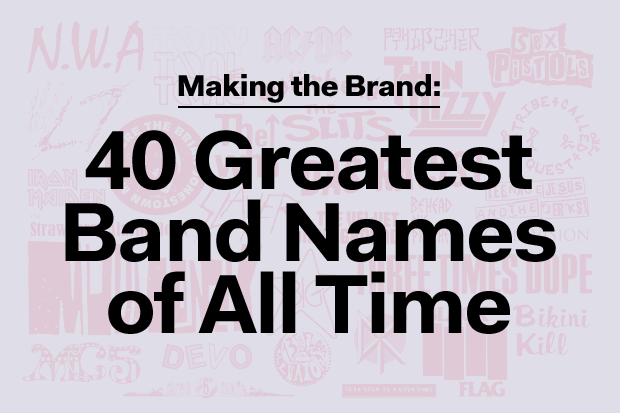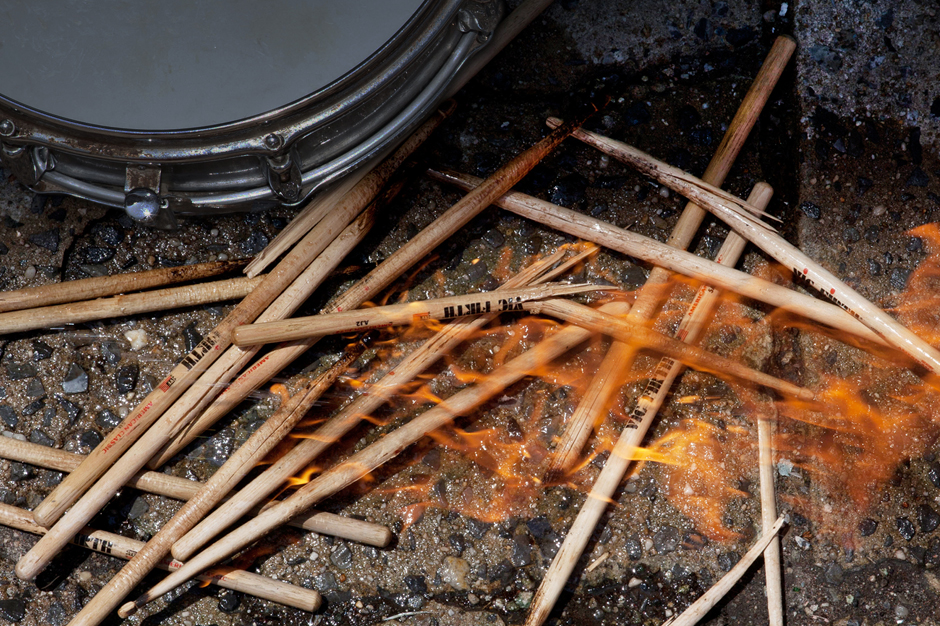Why It’s Great: It’s the gold standard for grim, deathly band names, and because the entity responsible for “Love Will Tear Us Apart” could be called nothing else. (P, WP, I, T, JNSQ) R.H.
Why It’s Great: Self-mocking, grandiose, inscrutable, copyright-infringing, “Big Star” wryly captured Chilton and Co.’s slouchy posture as bold rock aesthetes and reluctant pop pros (thus inventing the ’90s indie/alt-rock template). Led by a restless former teen idol who actually believed he had a vision for improving upon the Beatles and the Beach Boys (and he was right), Big Star responded to a chaotic, disillusioned era with songs that felt like youth blooming and burning to ash, three minutes at a time. Sold in aisle four, next to the strawberry Pop-Tarts. (P, WP, I, VA, JNSQ) C.A.
Why It’s Great: Sure, it forced suburbia to confront the most taboo word in the English language. But the genius of N.W.A’s name was that it framed them not as a band that included an architectural-drafting student and a couple of electro-jam veterans, but as a gang — its scrawled, curveless initials marked territory like graffiti. There were plenty of acronymic hip-hop acts in their wake (BWP, AMG, KMD, the UMC’s, the D.O.C.), but none of their names were as impressively mean and mysterious. (T, P, VA, JNSQ, I) D.W.

Why It’s Great: So many reasons, both serious, silly, and otherwise: One, it could’ve been either a sports car or a weapon. Two, the local connection was powerful — in addition to the auto-industry nod, “MC5” stood for “Motor City 5” — forever linking the group to the fiery crucible of Detroit, home to the era’s most visible African-American progress (socially, economically, musically) and violent, racist pushback (on their debut album Kick Out the Jams, the 5 covered John Lee Hooker’s “Motor City Is Burning,” shouting out the Black Panthers’ role in the 1967 12th Street conflagration, which resulted in 43 dead and 467 injured; later, the 5’s manager John Sinclair cofounded the White Panthers as an antiracist collective in support of the Black Panthers). Three, the name was a winking dig at the Dave Clark Five and the squeaky-clean, Beatle-wannabe white mug that was being plastered on the burgeoning youth culture; plus, prophetically, after the 5’s show outside the 1968 Democratic National Convention (which turned into a police riot), the name also resonated like a radical lefty political group (à la the Chicago Seven). And four, it spawned a logo — the winged white panther by activist/artist Gary Grimshaw — that ultimately rocked as hard as the band. (VA, I, P, JNSQ, WP) C.A.





